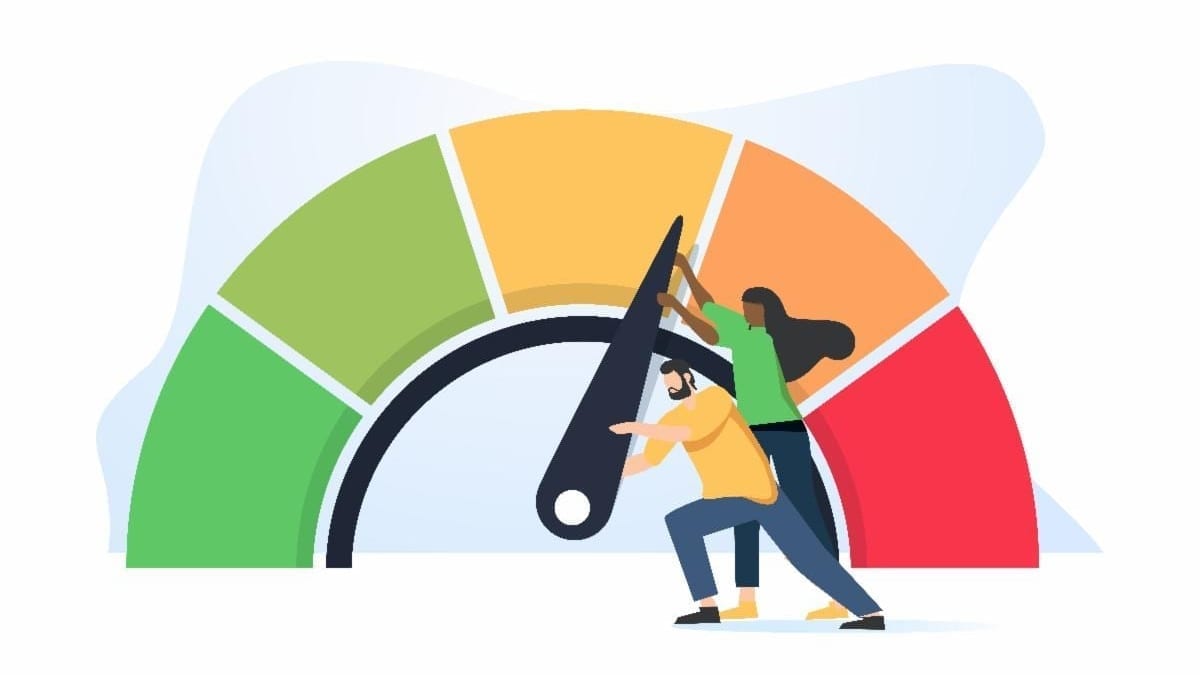
Take a Timeout
10 ways to decompress and reduce pandemic-related stress and anxiety.
Topics: Assistant Principals, Pandemic Leadership
Unlike a traumatic occurrence that has a distinct beginning and end, the COVID-19 pandemic is an ongoing event that has the potential to cause chronic stress, reports the National Association of School Psychologists (NASP). Further, the unpredictable nature of the pandemic fuels anxiety and a sense of helplessness in children and adults alike.
Many assistant principals have seen their work/life balance upended with the sudden shift to online and hybrid instruction. As a result, they have had to make hard adjustments and draw strength from within. Self-care activities can help preserve that inner strength, so that stress doesn’t lead to bigger mental health issues.
APs are the heartbeat of a school, says Equetta Jones, Ed.S., assistant principal at Highlands Elementary School in Wilmington, Delaware. “A healthy heartbeat allows the rest of the body to function appropriately,” she says. “At times, the rate may increase or decrease, [but] a steady pace will resume when we check our own pulses and breathe.”
Here are 10 tips for positive self-care:
- Download “Principal Bingo—the Self-Care Edition.” NAESP offers an online Bingo card that offers suggestions for decompressing such as taking an e-mail break, sleeping in an extra 30 minutes, and trying a new recipe.
- Establish healthy habits and stick do them. Hydration is critical; experts recommend drinking up half of your body weight in ounces of water per day. Making healthy food choices is also important, so you should eat a balanced diet that includes fruits and vegetables daily. Also make a commitment to moving every day, whether it’s a big workout or a short walk.
- Organize your workspace for productivity. Even if you’re working from a makeshift basement office, staying organized reduces everyday stress. Start by maintaining a clean desk and color-coding your files. Other recommendations include keeping your gadgets (phone, earbuds, etc.) in one place and adding a houseplant.
- Give journaling a go. Even occasional journaling can alleviate stress, especially when the effort is focused on processing the emotions of the day. Chronicling words of gratitude can also help put things into perspective.
- Stay connected with friends and family. Social distancing and lack of socialization can encourage isolation, so it’s even more important to stay in touch with friends and family via phone, FaceTime, or Zoom.
- Take a break from the news. While staying informed is essential to educators, there is such a thing as data overload, especially during times of uncertainty and crisis. A study released by the Pew Research Center last spring found four in 10 Americans said they feel worse emotionally as a result of following the news. One way to scale back on your media intake is to make a commitment to log on to news sites just once or twice a day.
- Seek out emotional support. Assistant principals internalize their own challenges as well as those of students, teachers, and staff. That kind of responsibility can be overwhelming even during normal times. Regular check-ins with a friend, peer, mentor, or therapist can help recognize challenges and find solutions.
- Schedule a non-work Zoom event with your teachers. Getting together to gab can be as important as a work meeting. Or suggest an online group activity—for example, you might ask teachers and staff to submit their favorite home-cooked recipes and create an online cookbook, or set up a web trivia night using a gaming widget like Kahoot (Kahoot.com).
- Tap the internet for tips. The Greater Good in Education Science Center (GGSC) at the University of California Berkeley offers a “My Well Being” page with free online courses for educators wishing to cultivate their own social and emotional well-being. Practices include Kindness and Compassion, Social Awareness, and Ethical Decision-Making.
- Finally, take a deep breath—literally. When you take deep breaths, it sends a message to your brain to calm down and relax while lowering your heart rate. Often used as a way to help fall back to sleep, the 4-7-8 breathing technique can also help you relax during the day:
- Close your mouth and inhale quietly through your nose to a mental count of four.
- Hold your breath and count to seven.
- Exhale completely through your mouth, making a whooshing sound to a count of eight.
- Inhale again and repeat the cycle three more times for a total of four breaths.
Practicing positive self-care will create good feelings that you can pass on to your teachers and staff. After all, you can’t give to others unless you give yourself a little TLC, too.
Belinda Lichty Clarke is director of alumni engagement at the Medill School of Journalism at Northwestern University and a freelance writer based in Evanston, Illinois.

